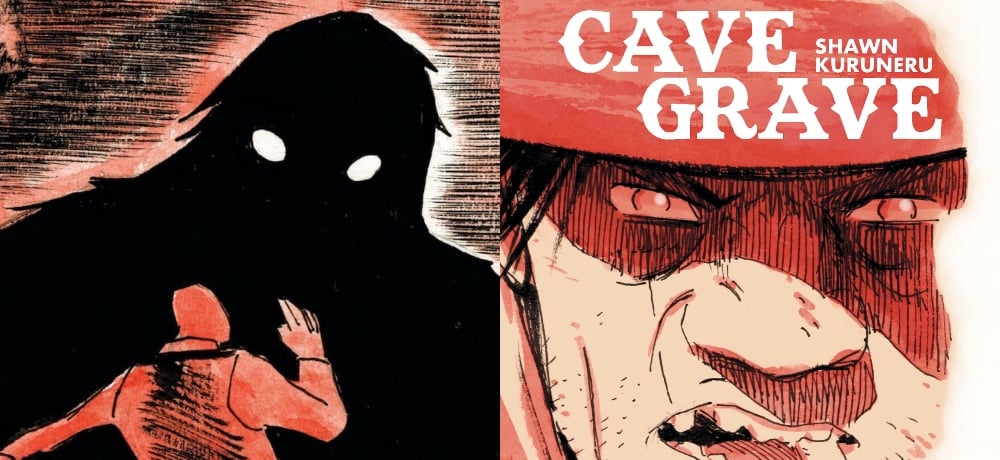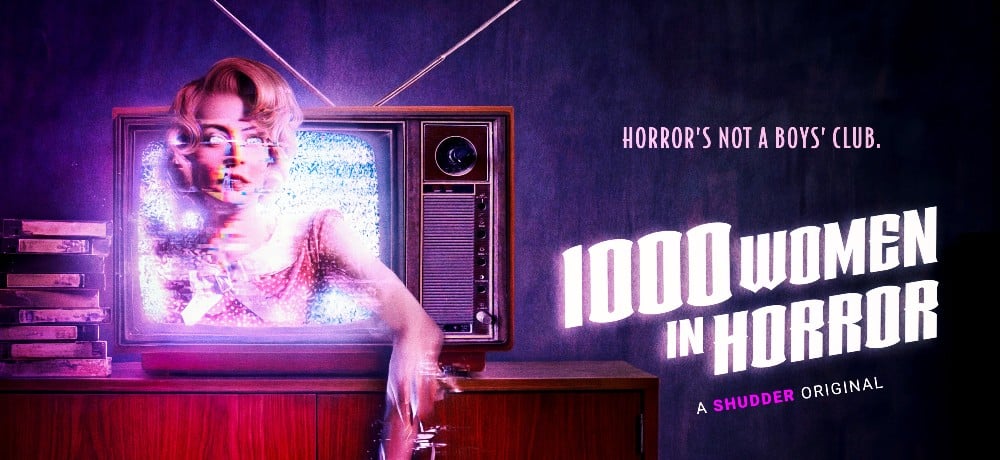





Nearly ten years after Shaun of the Dead and six years after Hot Fuzz, Edgar Wright, Simon Pegg and Nick Frost return with the final part of their ‘Cornetto’ trilogy. As might be expected, The World’s End is packed with splattery, beer-soaked fight-scenes, laugh-out-loud lines, and clever visual gags.
However, this final installment in the trilogy is also a more grown-up film than its predecessors, its humor tinged with sadness, and its thinly-veiled social satire sharper and more poignant than anything Wright has shown us before.
Pegg’s character, middle aged eternal-teenager Gary King, cherishes memories of an unfinished pub crawl he and his friends embarked upon when they were young. For him, it was the high point of his life: back when anything and everything was still possible. He decides to reunite his old gang, return to his hometown, Newton Haven, and complete the crawl. The friends in question (played by Frost, Martin Freeman, Paddy Considine and Eddie Marsan) reluctantly tag along, more out of pity for Gary than from any real desire to relive their youth. But as the group begin their night, they start to notice that things in Newton Haven have changed. The locals are eerily bland and robotic, and the town itself is hiding more than a few secrets.
Pegg’s performance is one of the highlights of the film: dressed in a black trench coat with his badly dyed hair clashing with his beard, Pegg’s character Gary drives the exact same car he did in his teens, listens to the same music, and kids himself he’s still the popular heartthrob/bad boy he used to be. He veers between a David Brent-like lack of self-awareness, and a genuinely touching vulnerability. The moment he chooses to repeatedly run his head into a wall rather than reveal his troubled past is a near-perfect mix of humor and pathos.
The tense relationship between Gary and Frost’s character, Andy, is particularly well conveyed, and it’s interesting to see Frost play the 'straight guy' this time round. He's the teetotal, uptight lawyer to Pegg’s unreliable wastrel. Pegg’s scenes with Rosamond Pike, who plays Gary’s old flame Sam, also provide some stand-out moments. Unfortunately, Pike is rather under-deployed, remaining absent whilst most of the main action ensues. Whilst it’s clear that Wright wanted to maintain a bloke-ish, male-focused humor, it’s a real pity that they didn’t make more use of Pike’s considerable comic talent.
Location-wise, the dispiritingly humdrum Newton Haven - ‘home of the UK’s first roundabout’ – provides the perfect backdrop for the film’s Invasion of the Body Snatchers- style events. As in Hot Fuzz, a lot of the humor here comes from the film’s juxtaposition of the dangerous with the completely banal. The unique ennui of a dull English commuter-belt town is perfectly evoked, and The Doors’ Alabama ‘Whiskey Bar’ Song is used to glorious ironic effect as the characters futilely decide to continue with their pub crawl, despite being in mortal danger. There are, of course, no ‘whiskey bars’ in Newton Haven: just council-sponsored modern art, boxed hedges and monotonous chain-pubs.
The original Invasion of the Body Snatchers is often interpreted as an allegory about the dangers of political indoctrination, but it’s clear that Wright’s target in World’s End is more pervasive: globalization, and the smiling, homogeneous blandness of corporate culture. Identical, soulless chain-pubs, Wright implies, lead to identical, soulless people. The beauty here is that even as the film reveals the dangers of Gary’s immaturity, it also manages to celebrate his individualism and freedom of spirit: the film’s final scenes are both deliciously tongue in cheek and subversively optimistic.
All the key ingredients that linked Shaun of the Dead and Hot Fuzz are very much in evidence in World’s End: the Frost-Pegg partnership, the blend of genre-action, comedy and human drama, and the inevitable reference to a certain frozen dessert. Comparisons with Shaun - the film which started a new sub-genre, the rom-zom-com - are difficult to avoid, and The World’s End doesn’t feel as ground-breaking, fresh or original as Wright, Pegg and Frost’s first feature. However, thanks to the complex characterization, Wright’s pertinent social commentary, and the film’s irresistible, absurdist humor, both ‘Cornetto’ fans and newcomers to the trilogy should find lots to enjoy here.
Film Score: 4/5